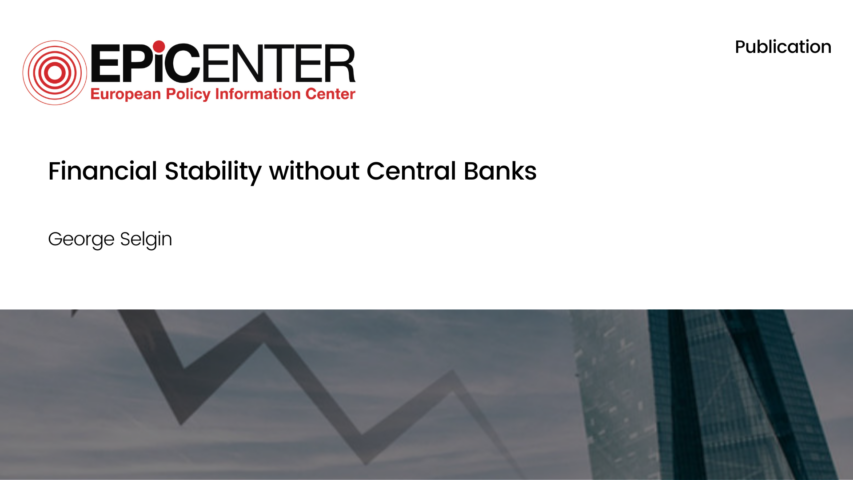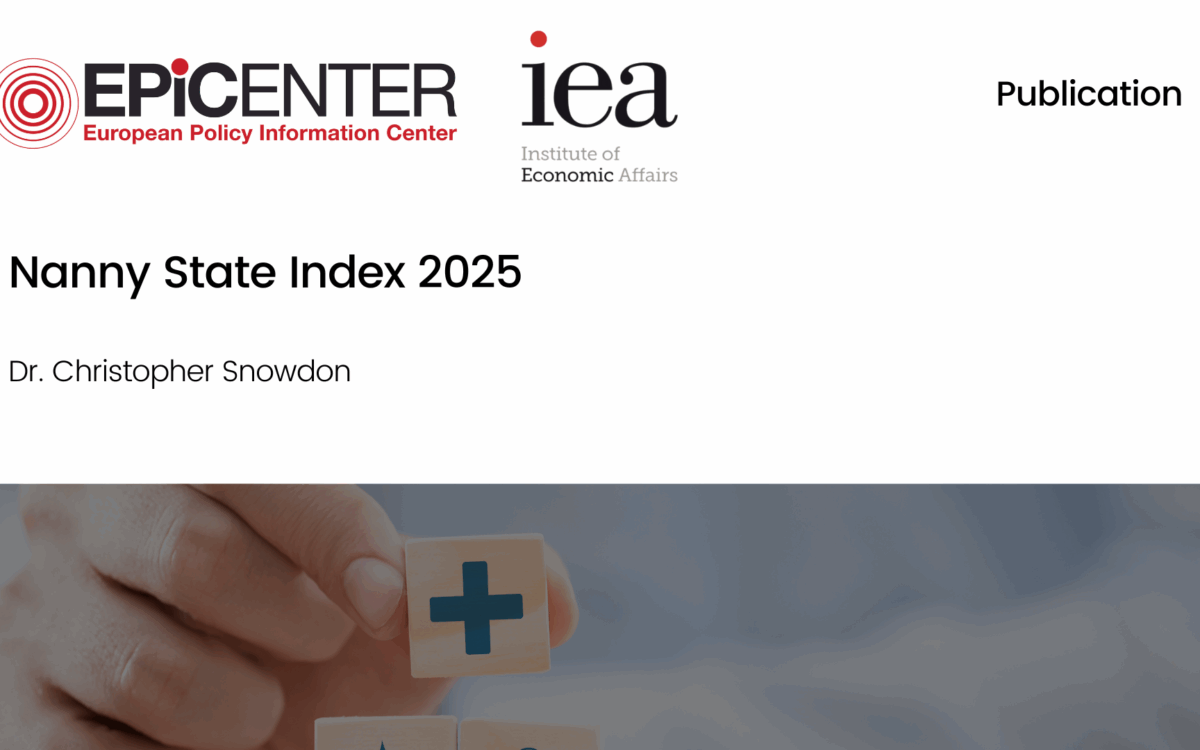Financial Stability Without Central Banks

Financial Stability Without Central Banks
16 February 2018
A ‘free’ banking system without a central bank provides incentives for banks to act with restraint. Their lending policies are, in effect, tied to each other. If one over-reaches, it will be pulled back as others present notes to and demand reserves from the bank that is lending recklessly. This ensures not only the stability of the system, but also stability of overall spending in the economy.
Such stability of overall spending does not lead to price stability as many understand it – that is, inflation at or close to zero in each and every year. For example, if the total level of reserves in the banking system is relatively fixed, prices may well drift down as productivity and total output rise. However, there will be no systematic bias towards inflation or instability in total spending.
A banking system that is backed by a central bank has a tendency towards instability. This is because the creation of money by the central bank can inflate money and credit creation in the banking system as a whole. The mechanism of banks restraining the behaviour of each other is blunted. Financial instability and price instability are likely results.
Download or share this publication
View the PDF
EPICENTER publications and contributions from our member think tanks are designed to promote the discussion of economic issues and the role of markets in solving economic and social problems. As with all EPICENTER publications, the views expressed here are those of the author and not EPICENTER or its member think tanks (which have no corporate view).



